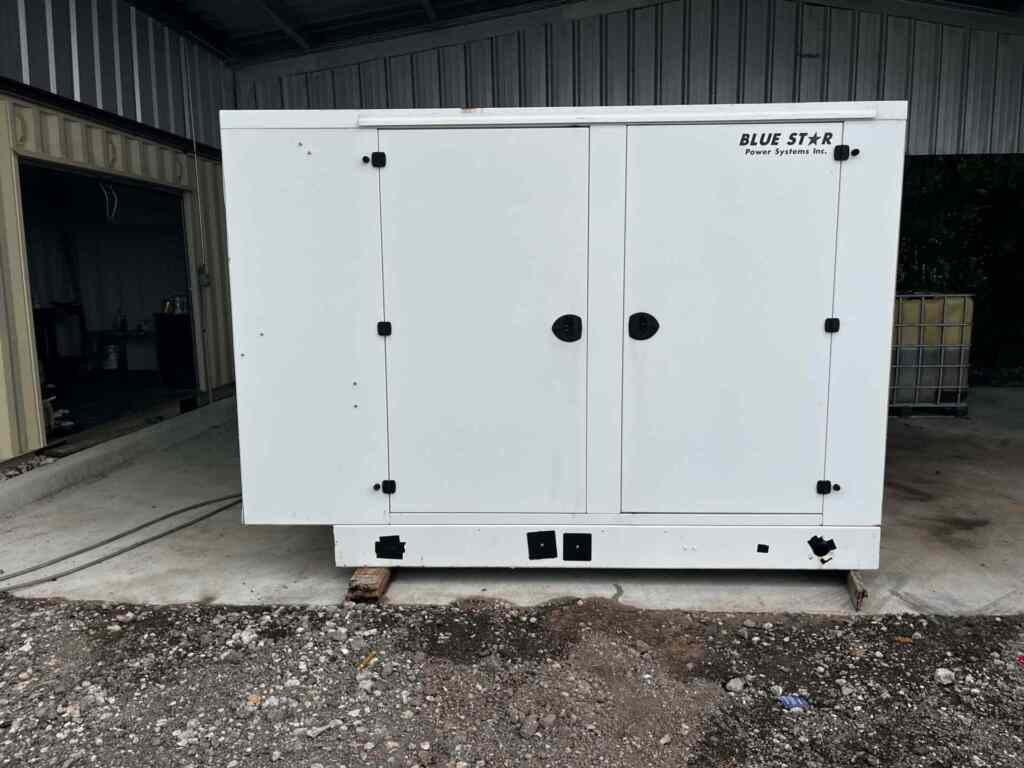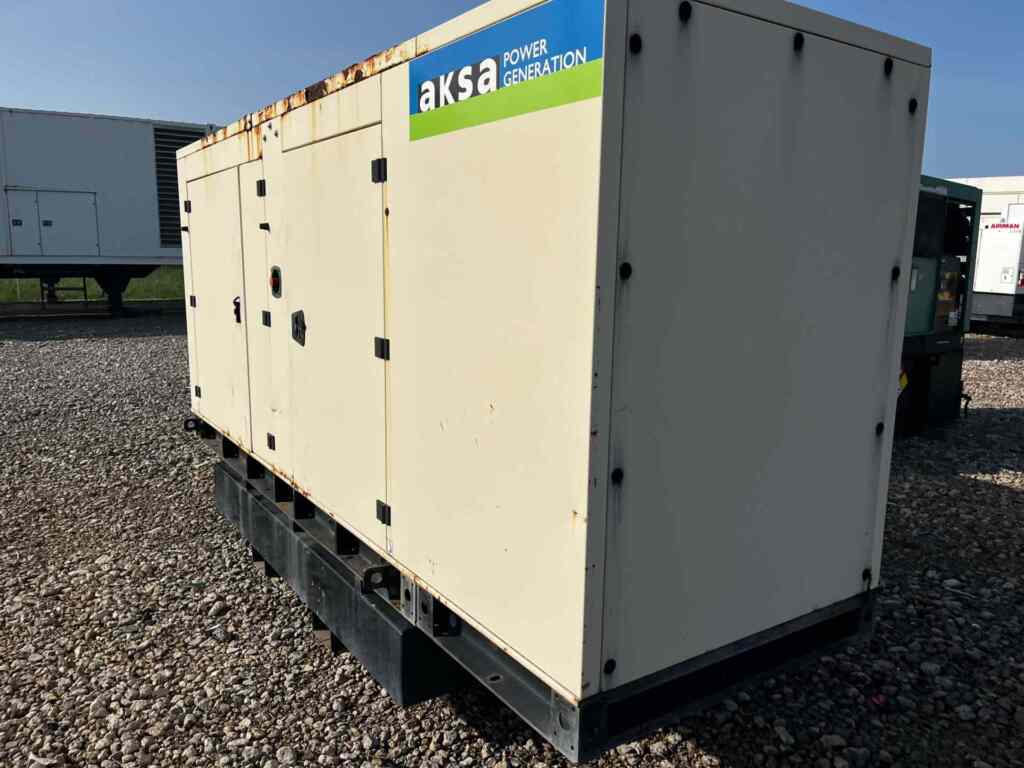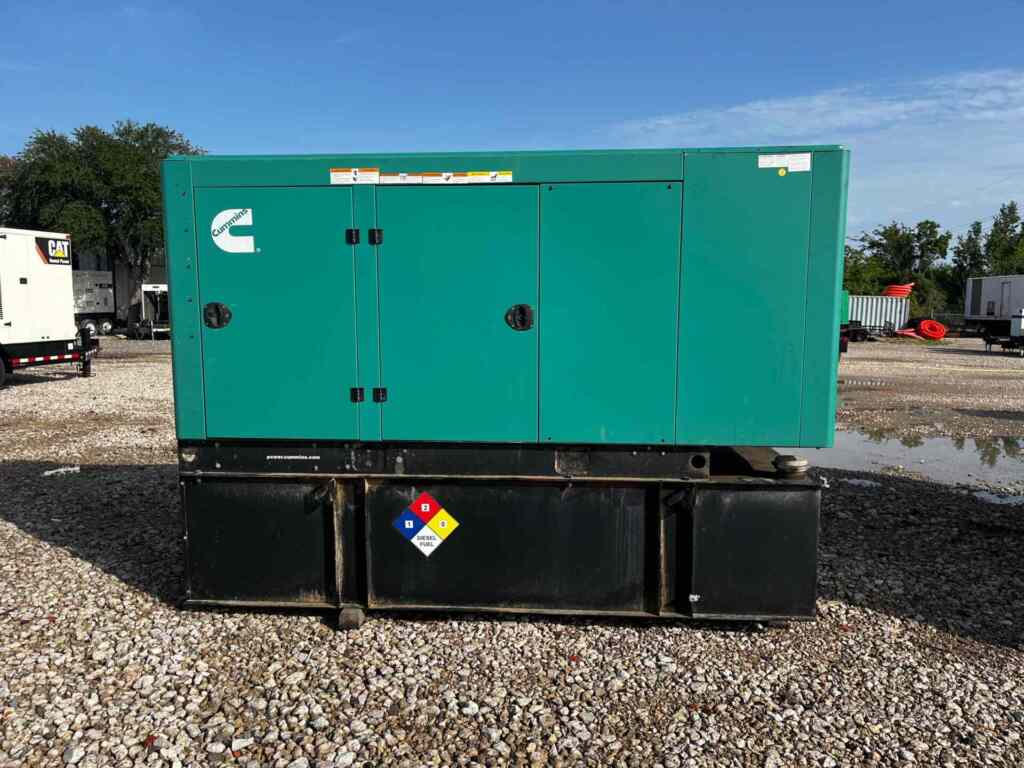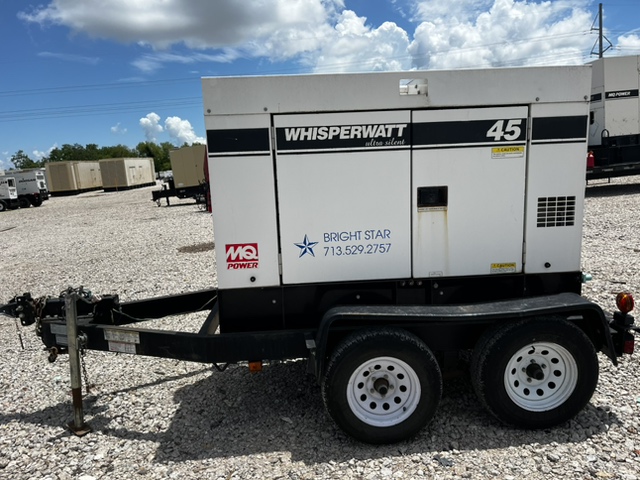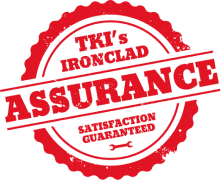Unexpected power outages can disrupt critical operations, jeopardize productivity, and lead to significant financial setbacks for businesses. In industries where uninterrupted power is essential, commercial generators provide a dependable safety net, ensuring operations continue smoothly.
A common question for businesses using alternative power supplies is: how long can these generators operate without stopping? The answer depends on factors such as generator type, fuel source, and maintenance schedules. Below, we discuss the runtime capabilities of commercial generators and the key factors that influence their continuous operation.
Petroleum Generators: Short but Effective Runtime
Petroleum or gasoline generators are compact and efficient for short-term applications. They run continuously until the fuel tank is depleted, which typically allows for 8-10 hours of operation. These units are ideal for businesses requiring temporary power during short outages.
| Feature | Description |
| Runtime | 8-10 hours per tank |
| Re-fueling | Generators must be shut off during re-fueling to avoid fire hazards |
| Maintenance | Regular oil checks are essential due to the engine’s tendency to consume oil |
While petroleum generators are effective for smaller setups, their short runtime and frequent re-fueling make them unsuitable for extended outages in large-scale operations.
Propane Generators: Cleaner Fuel with Extended Operation
Propane generators are a reliable choice for longer runtimes. Their continuous operation depends on the size of the propane tank. With larger tanks, businesses can achieve extended power supply during prolonged outages.
| Feature | Description |
| Runtime | Determined by tank size, typically offering longer operation than petroleum generators |
| Fuel Efficiency | Propane burns cleaner, reducing environmental impact and maintenance frequency |
| Reliability | Suitable for areas lacking natural gas infrastructure |
Although re-fueling is required, propane generators provide a cost-effective and sustainable solution for medium-term power needs.
Natural Gas Generators: Unlimited Runtime If There Is Continuous Supply
Natural gas generators stand out for their ability to run continuously for extended periods. They connect directly to utility gas lines, eliminating the need for manual refueling. This makes them ideal for critical facilities requiring uninterrupted power, such as hospitals, data centers, and industrial plants.
| Feature | Description |
| Fuel Source | Continuous supply via natural gas lines allows for unlimited runtime |
| Maintenance | Requires regular servicing to ensure optimal performance |
| Longevity | Equipped with lower 1800 RPM motors, lasting between 6,000 and 10,000 hours |
However, access to gas lines can be a limitation, particularly in remote or disaster-prone areas where gas supply may be interrupted.
Diesel Generators: Built for Long-Term Performance
Diesel generators are the go-to option for commercial and industrial facilities requiring robust, long-term backup power. These generators can operate continuously for 24-72 hours on a single fuel tank, depending on tank size and load.
| Feature | Description |
| Runtime | Up to 72 hours before refueling is necessary |
| Durability | Designed for heavy-duty operations with engines lasting between 15,000 and 50,000 hours |
| Maintenance | Regular fuel quality checks, oil changes, and filter replacements ensure longevity |
Businesses relying on diesel generators benefit from their durability, efficiency, and ability to handle high-power loads during extended outages.
Key Factors Influencing Generator Runtime
Several interconnected factors determine a generator’s runtime, efficiency, and longevity. Businesses must account for these aspects to optimize generator performance during planned or emergency power disruptions:
Fuel Supply
The choice of fuel directly impacts runtime. Natural gas generators, when connected to a stable utility line, offer unlimited runtime, making them ideal for facilities like hospitals and data centers. On the other hand, diesel and propane generators rely on tank capacity. For example, a 500-gallon propane tank can supply power for 5-7 days under moderate load but requires refueling once depleted.
Load Management
Reducing non-essential power loads significantly extends generator runtime. For instance, turning off HVAC systems or idle machinery during an outage can optimize fuel consumption. A manufacturing facility using a diesel generator might achieve 72 hours of runtime by prioritizing critical systems over secondary processes.
Maintenance
Consistent maintenance ensures reliable performance and avoids breakdowns. Tasks like oil changes, fuel checks, and air filter replacements are essential. A Caterpillar diesel generator, for example, can deliver up to 50,000 hours of service if an oil change is performed every 250 hours.
Generator Quality
The durability and performance of a generator depend on its build quality. Generators from trusted brands like Cummins, Caterpillar, or Baldor offer greater reliability. For example, a Caterpillar 3516C diesel generator can operate for 72 hours with minimal maintenance under heavy loads.
Choosing the Right Generator for Your Business
To ensure your business remains operational during power disruptions, selecting the right generator is essential. Follow these steps to make an informed choice:
- Calculate the total wattage of essential equipment and systems, including HVAC, lighting, computers, and machinery, during peak usage.
- Add a buffer of 20-25% to account for startup surges and unexpected power spikes, ensuring the generator handles peak loads without overloading.
- Evaluate the available fuel options based on your location and needs. Diesel generators offer durability and extended runtime but require proper fuel storage and regular maintenance. Natural gas generators provide continuous operation when connected to gas lines, while propane units offer clean-burning power with limitations based on tank size.
- Assess your operational environment. Businesses in remote or off-grid areas often prefer diesel or propane generators due to fuel accessibility, while urban facilities benefit from natural gas connections.
- Consider ongoing maintenance and operational costs. Generators with lower RPM engines require less frequent servicing and provide extended lifespans, making them more cost-effective in the long term.
Reliable Generator Solutions from Turnkey Industries
Commercial generators are a critical investment for businesses requiring dependable backup power. Whether you need a diesel generator for extended runtime or a natural gas unit for continuous operation, Turnkey Industries offers a range of high-quality solutions tailored to your needs.
Our company offers:
- Comprehensive inspection and load bank testing for all pre-owned generators;
- Inventory featuring top brands such as Caterpillar, Cummins, and Baldor;
- Reliable diesel, natural gas, and propane generator solutions for industrial and commercial applications;
- Expert guidance to match the right generator to your power requirements
- Immediate availability and worldwide delivery; and
- A 30-day warranty guarantee for peace of mind.
Explore our extensive inventory of commercial generators today. Contact us or browse our generators to find the backup power solution your business demands.

 Turnkey Industries offers a variety of high-capacity
Turnkey Industries offers a variety of high-capacity 